|
I am never not in the mood for this. I love Morgan Mallory. Also, I might be a little distracted this week (meaning there will be blogs but they might be weird), because I'm leaving for my first ever acapella competition on Thursday. Let's get this week going! Happy Monday.
0 Comments
Uh-oh, I started reading a new book and it’s blowing my mind!
The weird part is, I am so not about the self-help genre. But this new book I’m reading is kind of answering all my questions about life, even “what’s the real value in this silly genre?” (basically, self-help books collectively show society's ideals in any given time period). No disrespect to the authors of self-help books—you go out an have experiences you learned a lot from, and you want to share them to help others. I understand. I just don’t understand why the general population will eat up book after book with similar sounding generic titles like “Life is What You Make It” (bleh), because each one promises to solve all their problems. Sorry, but when I hear titles like that, I can’t help rolling my eyes. How can I trust you to give my life advice if you can’t even come up with a creative title? Anyway… The book I’m reading right now doesn’t so much feel like a “self-help book,” although I suppose that’s what it is: Quiet: the power of introverts in a world that can’t stop talking, by Susan Cain. I’m barely 15% in and already I’m having revelations. I already know I’m a hardcore introvert, and the general differences between these two personality types. I’m going to try not to go on about the book so much, just share some of the thoughts it inspired. The book discusses the idea of the “extrovert ideal,” meaning that in our society, we think an extroverted personality is best. Yet in many cases, introverts can do what extroverts can not, because of their ability to stay calm and think things through, listen closely and ask questions. There’s a great example of this early in the book, where an introverted woman successfully navigates a business deal with extroverts, one of whom becomes so frustrated he storms out of the room. It got me thinking, if this tactic can be so useful, and introverts can be so successful, why are we discouraging introversion so much? What else are we discouraging, because we think we know what “the best way” is? For an entirely different example, I’ve sang in choirs almost all my life, and always thought I should have a high voice, because in the school choirs I was in, sopranos sing the melody. Also, it’s just generally thought of as a more feminine sound, and I was always the girliest of girly girls. I never even considered singing in a low voice could be equally—or even more beautiful. Everybody wants to be that ideal thing. That ideal might change from time to time, for whatever reason, but despite how much trends may change, once we know what “that thing” is, we strive blindly to possess it. Extroversion. A high, “feminine” voice. The “perfect” body. Whatever else. If we can get that ideal right away, great. For those people, they are “successful” and need never try other ways. For those who aren’t as quick, and struggle to reach the ideal, we’re told to work on it, and shown “inspirational” stories of other people who struggled and eventually got there. But no one explored any other options. How do we know the world didn’t need one of those “imperfect” people who just couldn’t get there right away to actually be doing something different? I mean, there really is no “ideal” voice, but can you imagine if there was? No one in a quartet would want to sing any other part. We wouldn’t get music as beautiful. In one of Jenna’s videos (30 Life Lessons I Learned In 30 Years) she says that if you don’t like part of your body, just wait a while, and eventually, it will come in to fashion. For example, she though her butt was too big. A few years later, everyone was all about big butts. When I was growing up I hated my eyebrows—they were too bushy, but I didn’t want to pluck them because I didn’t think I could shape them correctly, and to be honest, plucking just sucks. It wasn’t worth it to me, so I just kept my dumb bushy eyebrows even though I hated them. And to my surprise, Jenna was right—big eyebrows were soon the next big thing. So, while this post is a little all over the place, I hope you can take something away from it. Just because we’re presented with an ideal thing to strive for, doesn’t mean everyone should become it or they’ll fail. We need all kinds of people, and we need them all to be their ideal version of themselves. Of all the mistakes self-published authors make, I think 99% of them come from lack of patience. This might be the actual most common mistake, because the reason authors think rules don’t apply to them isn’t an “I’m better than the others” attitude, but an “I need to get out there now!” attitude.
It’s so easy to want to publish now because what if someone else has a similar idea? What if your friends think you’re all talk if you don’t do something already? Well, you could argue that everything has already been done before, and no one is really paying that much attention to what you’re doing. We as indie authors have a responsibility to uphold a high standard. People tend to think “self-published” equates to, well, crap. So, for writers who want to self-publish, understand that the inside perspective has very high expectations. If you throw something thoughtless, out to the public, you’re doing the entire self-published world a huge disservice. Far more so than a bad traditionally published book, of which there are many. I know, this is utterly unfair. Trust me, I know, and it frustrates me too. But the general population just won’t see as many issues with traditionally published books, because of how they’re presented. So, try this exercise in reading like a writer, and whenever you crack open a traditionally published book, imagine it was written by someone who’s bio sounds something like this: “She is a first time, debut author who self-published because I want to share this deep emotional love story with the world," or something along similar lines. It'll shift your entire reading perspective. I know it’s not helpful to just tell you to “be patient.” But since I’ve been reworking “The Mansion’s Twins,” I can’t help but wonder, if I’d had the patience back then, where would I be now? I can only really help you with my own experience. I did not take the time to seek out a great cover before I published. I heard advice of scenes to shorten or remove, and characters to cut, but I thought, not only will that be difficult, it’ll take time I don’t have. Post-publishing, I quickly learned that I should have taken the advice I received. But if I had, I would have needed to delay my publishing date, maybe be another whole year, and that just wasn’t okay with me. So, I’m making up for it now. Some might say if you don’t take this extra time, you don’t really care about your book. Other authors will know that you do care, you’re just excited. Being excited is great. Especially if you’re new to the process, and it’s your first book, you’ll be very excited, and very impatient. I won’t say the excitement disappears, but there’s nothing quite like that beginning phase of the journey. Enjoy it. Don’t be afraid to stay there for a bit, and have some fun. You’re learning, and there’s a whole lot to learn. Patience really does pay off. I know I didn't put this on the Early Days playlist, but a lot of songs by Of Monsters and Men have that sort of old time-y, magical feel. This song kind of reminds me of the Illusions, actually.
As I mentioned earlier, I’m experimenting with book one, trying to get it into a tighter, better, story. And questioning every tiny step along the way. There’s a scene after the twins first encounter Jerome, where Hannah and Michelle are explaining what they know about him. They mention how June’s been queen of the mansion since the year 1380, and the twins ask what year it is now. Hannah tells them it’s the year 1600.
Now, I think it’s already clear that these years don’t correspond to our own. Hannah’s already told us things run by both magic and technology, and most of the lights in the mansion are electric. You’ve got electricity in the year 1600, because it’s not our world’s year 1600. Rose is in our world today, writing about the other, because it’s a very young world. There’s no “going back in time” when Ellie and Savannah leave this world for the other. The magical world is kind of a baby world, it developed quickly due to, well, magic. Our world was here for a long time, and then the magical one formed later. Let me tangent for a moment: Lately I’ve become waaaay too into Adventure Time. Like, I'm a little obsessed. Anyway, I absolutely love the part where Patience St. Pim shows up and asks Finn and Jake “What year is this?” Finn’s response is amazing: “Um… No one really keeps time like that.” Trying to map out my own timeline really got me thinking about the way we keep time, and if another world would do so differently. Where do we start? What’s the “year zero”? Can there be one? We talked about this once in a high school history class, and it was actually really interesting. Unfortunately, I don’t remember a whole lot of the details. It’s just a fun thing to think about, especially if you’re building your own world. You’ll get into some crazy philosophical daydreams, so just be prepared for that. How old is your world? What created your world, and when did human life form on it? When did they start keeping time, and how? I decided my world would be “built on dreams.” People either came from other worlds and let the magic give them new lives, or were born out of the early currents of magic. My world is very young, and I believe they started keeping time soon after Dimitri’s death, when the world sort of settled, meaning the days of rapid magical development brought on by the Illusions and godlike early people finally slowed down and the world became pretty much what it would always be. This is part of the joy of books, and fictional worlds. We don't just get to create new places, events, and people. We get to mess with time and distort reality to our liking! When we write, we’re supposed to give our audience some credit. “Assume the intelligence of the reader” is a good rule to follow, otherwise we risk being predictable to the point of being annoying. But this rule should only apply to the content of the book. Otherwise, this can lead us to giving our audience too much credit in other places, for example, in our covers. Sure, people say “don’t judge a book by it’s cover.” It’s almost a harsh wake-up call when you realize not one person means it. You actually have too much faith in humanity if you think people mean what they say when they spew inspirational quotes at you like that one. It’s such an easy saying, no one thinks about what it means. I agree—people shouldn’t judge books by their covers, and if actually frustrates me that they do. Then again, it would take a long time to read every back cover ever instead of judging by an image alone (and that’s why true book lovers can spend such a long time in bookstores). The first thing everyone looks at is always the title and cover. If the title and cover are captivating enough, then they’ll turn the book over and read the back cover. Otherwise, meh, back on the shelf. I know, if they just read your back cover, they’d know your book is the next big thing. But if it really is, give it what it deserves. Look at it again as a reader who knows nothing about your book, and sees it the same way as they see all the other books on the shelf. Which book would you be more likely to pick? Once you get over how frustrating people can be with their "don't judge a book by it's cover" BS, you'll realize how fun this part of the process can be. I've enjoyed experimenting with making my own covers (and I know they're still not the best). The anticipation of waiting for a professional designer, and the big reveal of what they come up with can be a lot of fun too.
I'll probably post another tips blog about what actually makes a great cover another week. I feel like the most important thing to be said about covers for now is to know how important they are. Don't skip this step, thinking you can get away with a quickly assembled cover from the Createspace cover creator. Put some time into it. The difference it makes is (frustratingly) remarkable. I've searched through many acapella covers, and this soloist is by far the best I've heard to cover this very difficult song. Also, listen around 2:35 for one of the many reasons I love acapella covers--they can have the most beautiful mashups ever.
As mentioned in a previous Wednesday post (which felt like yesterday but was almost a year ago), I always feel like I’m running out of time. But I also realized there is a positive reason for this fear.
I have an ever extending to do list. I want to read more books, publish more books, spend more time with my boyfriend, my friends, sing in an acapella choir, etc… Wanting to do all these things feels like a lot sometimes, but these are all things I'm excited to do. Even though they’re mostly small things, I am excited to wake up and do them every day, and I feel like I don’t have enough time to do everything I want to do, because there’s so much I want to do. I also want enough time to be able to just stare into space for a while, you know? So, all of that is actually awesome. Sometimes I don't think I'm doing so well, because things are happening slower than I want them to. But if I'm excited about what I'm doing every day, I must be doing something right. It’s also not so much a fear of running out of time, but an annoyance with transitioning from one thing to the next. I’m not done reading on my lunch break when I have to go back to work. I’m not done writing when it’s time to make dinner. I can never find enough spare moments to practice my songs. I want to spend more than just lunch with a friend. There’s just not enough hours in the day. It’s not so much a fear of dying. I feel like I’ll *probably* have enough time in my lifetime to do most everything I want. It’s just running out of things to do in a day, but at least I can say, well, there’s always tomorrow. I mean, there is a little voice in the back of my head saying, “you don’t know that.” Which I suppose a bit of that is healthy now and then. But, if I was really afraid of dying too early I think I’d be all about eating super healthy, exercising, meditating, etc. Why am I no doing those things? Oh yeah, because I don’t have time! There are several common mistakes indie authors make, and I’ve fallen victim to them too. On our writing and publishing journeys, we’re all going to hear all kinds of feedback. We’ll hear so much, that sometimes we don’t know what to do with it all, so we instead decide to do our own thing. Writing is personal, right? And if there are no universal rules, why not just make up your own? Well, despite the fact that no one really knows what the rules are, the number one biggest mistake is thinking the rules don’t apply to you. The next few Tuesday posts will cover common mistakes indie authors make, but most of them stem from this one.
Why do we think the rules don’t apply to us? Because we can always think of exceptions to the rules. Did someone say your book was too long for a YA fantasy? What about the Harry Potter books? Too many characters? What about Game of Thrones? We can always think of exceptions because we feel our own books are exceptional. We know our book will be the next big thing, if people would just give it a chance! The trouble is, every indie author in the world thinks this way, and no one is going to give all those books a chance. I know your book is better than the others. I know, but your audience has no way of knowing that if you don’t follow rules like getting it perfectly edited, and getting a stunning cover. How do we overcome this? Pay attention to the feedback you hear most often, despite how difficult it may be to implement. For example, I received early feedback on “The Mansion’s Twins” that it has too many characters. It’s so easy to think of exceptions, especially when the suggested changes are difficult to make. But do it today, or, like me, you’ll be paying for it tomorrow. This is why, so many years after publishing for the first time, I’m making some big changes. Think about the path you’ll take to make the changes, and how it is actually possible, instead of making excuses. Maybe you think you “can’t” cut a certain character because of how he or she affects later books. Think about how you can make the same events come to pass without him. Or, if you absolutely need him later on, can you introduce him later on, and leave him out until then? View your book as a reader, not a writer. What are you drawn to in a bookstore? Pay attention to your inner critic as you look at other people’s books, then apply them to your own book. Now that you’ve got the audience perspective down, try to look at your book as being complete—raise your editing standard to “finished product” rather than “work in progress.” Remember, ever error you’ve made will stand out to you once the book is published. Look at it as being published, and it’ll be easier to spot those mistakes beforehand. And the most difficult rule to follow: be patient. Often times, it’s just the excitement and eagerness to be published that make us skip important steps. It’s shockingly easy to have our books in the public eye now, it’s actually dangerous. But it’s not just your books reputation on the line, or even your reputation as an author. It’s the reputation of all independent authors as a whole. We’re counting on you to uphold a high standard. Take another week/month/year/however long you need to make you’re book the best it can be. Your readers, and other authors, will thank you for it. On my playlist of songs to space out to, this one ranks near the top. Let's all take a deep breath and start our week feeling nice and calm.
|
Archives
July 2022
Categories |

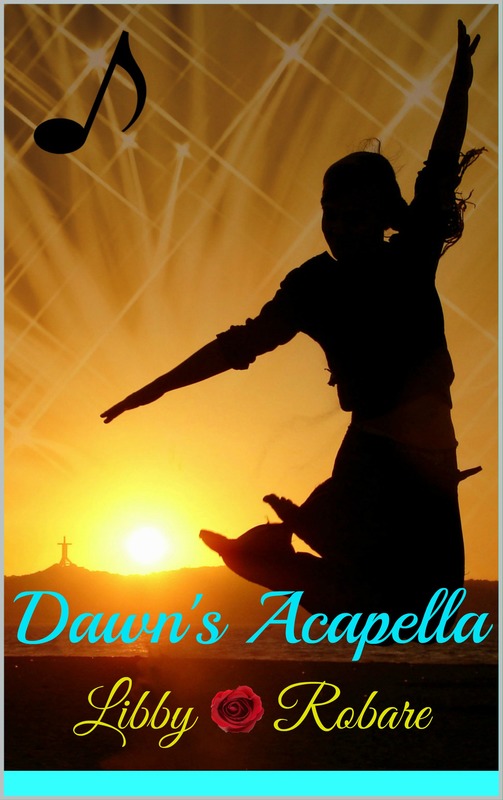
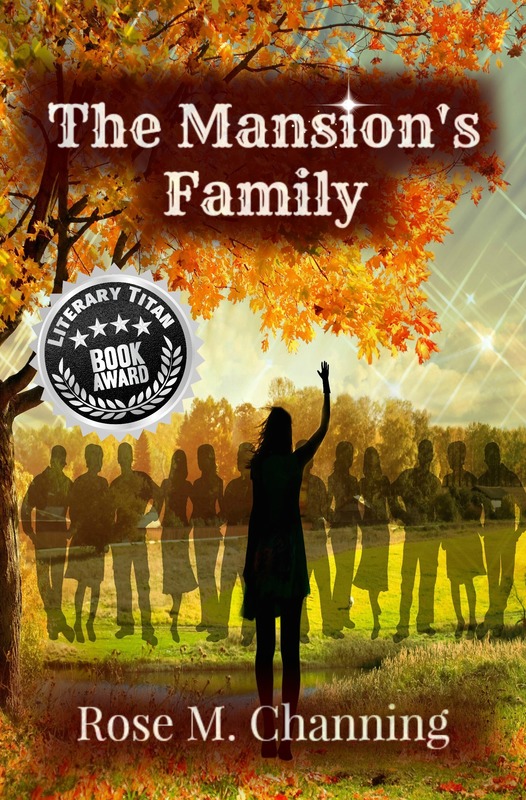
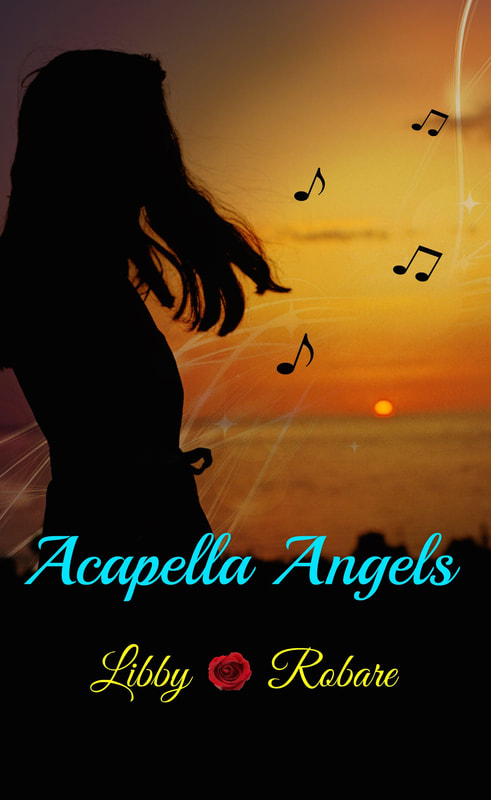
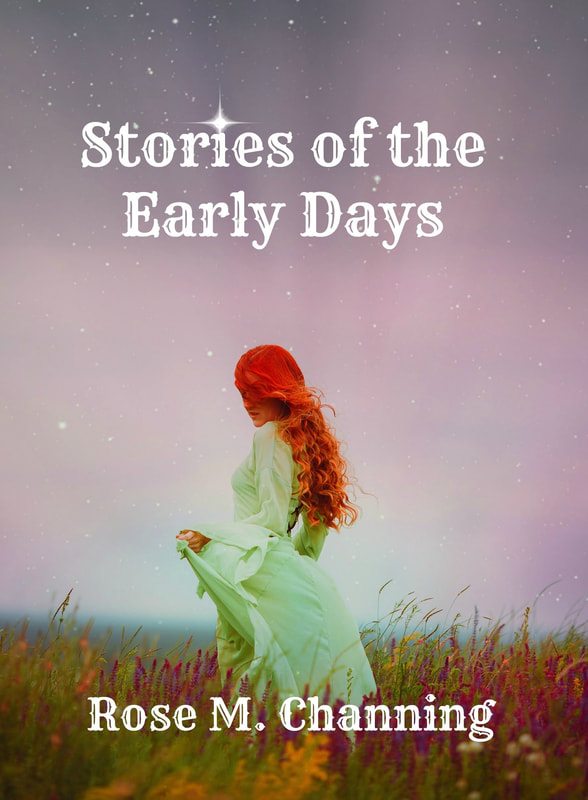

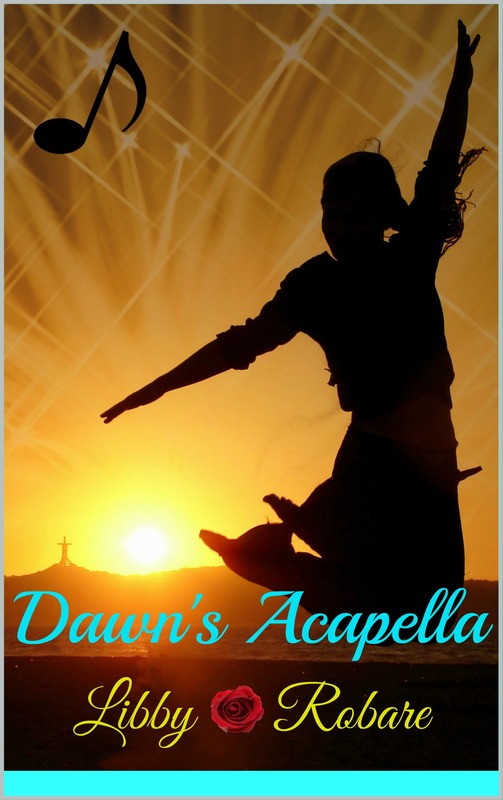
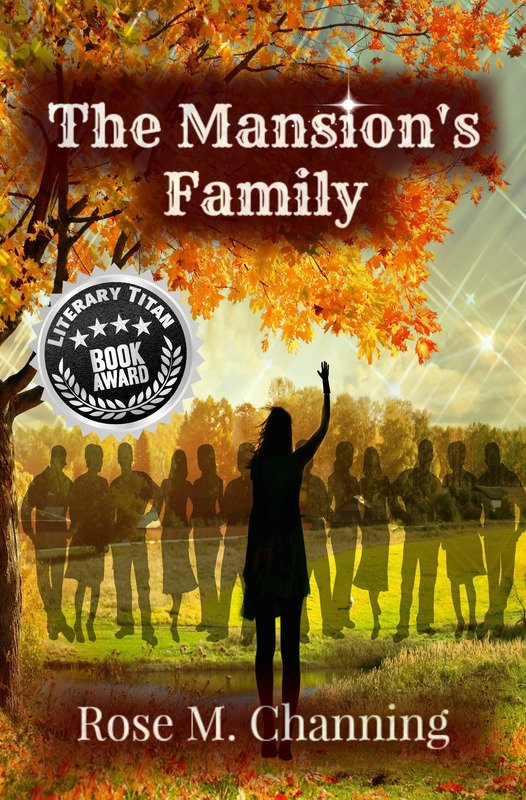
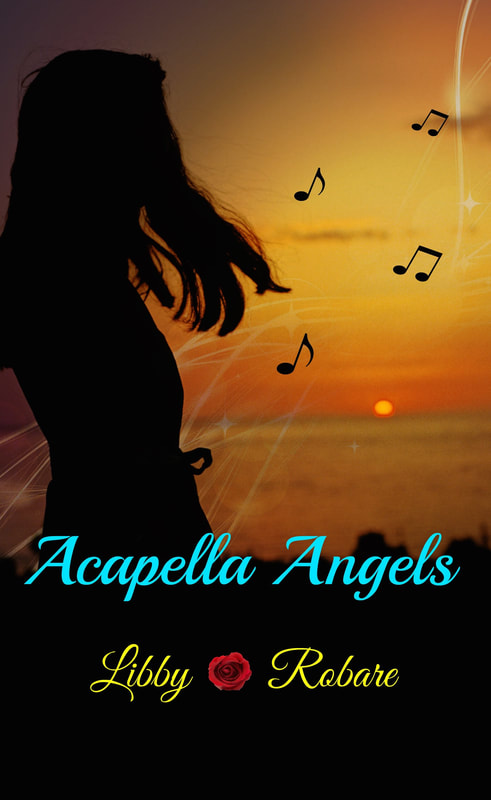
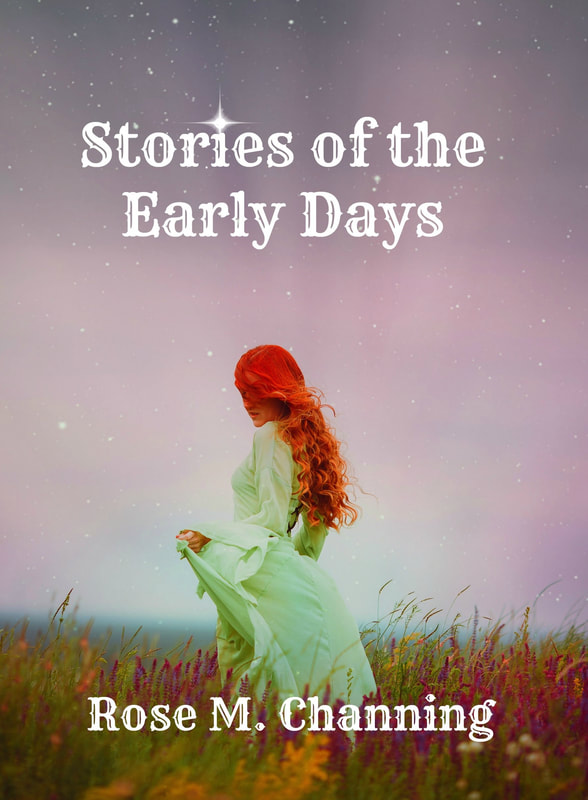
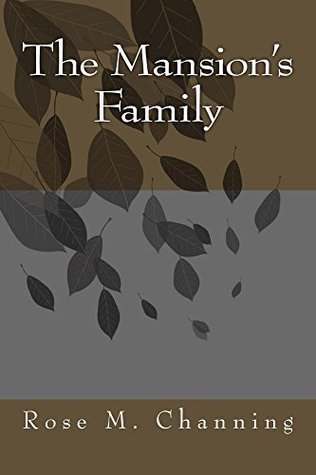
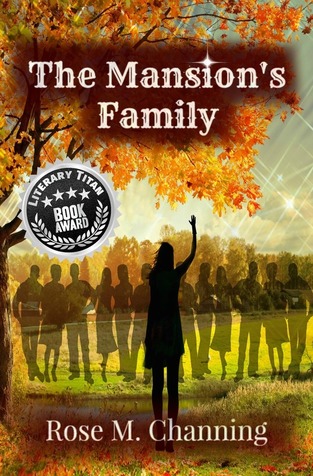

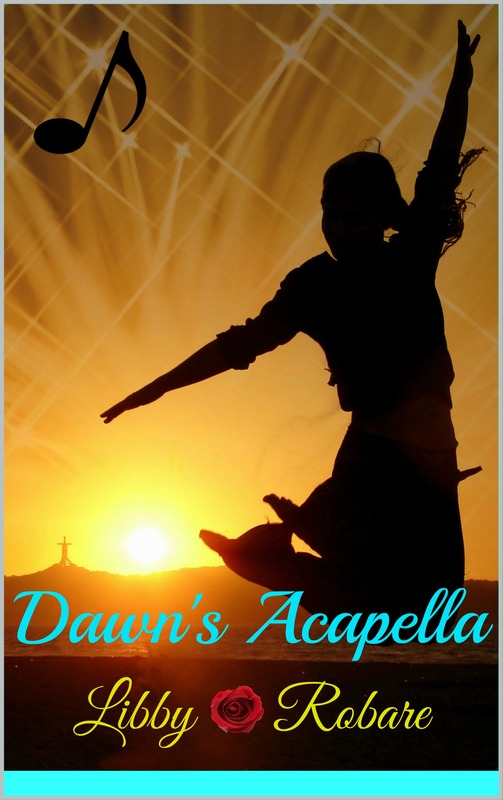
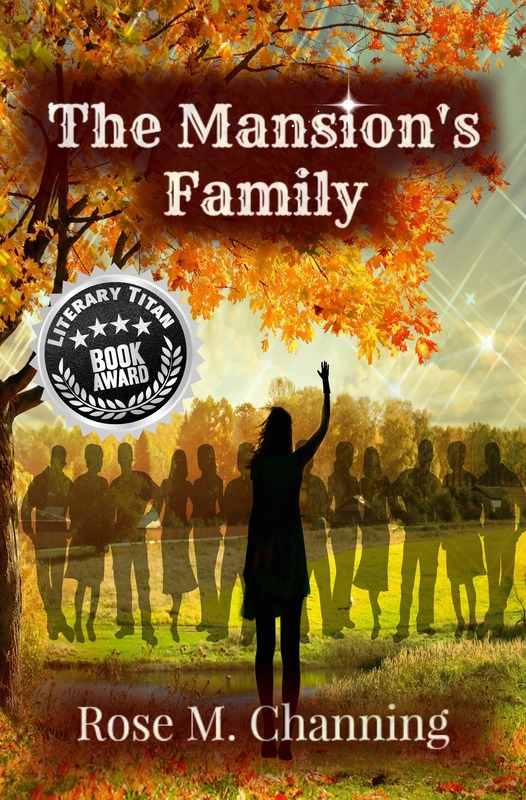
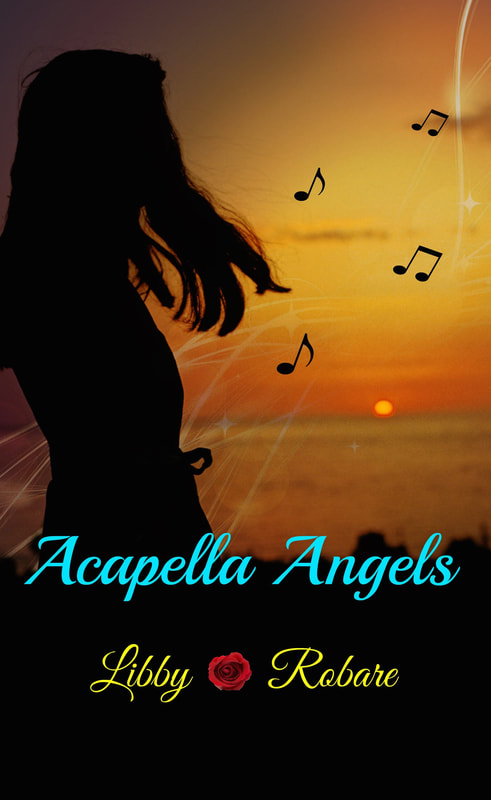
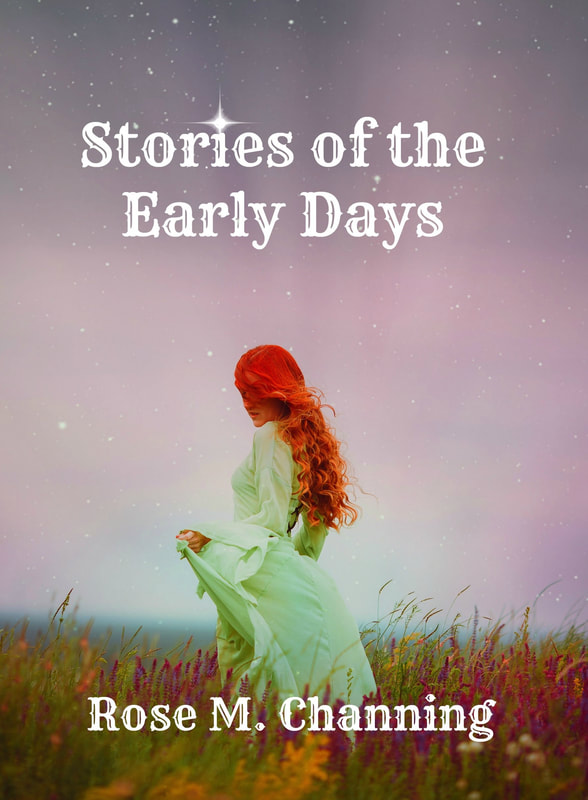
 RSS Feed
RSS Feed
